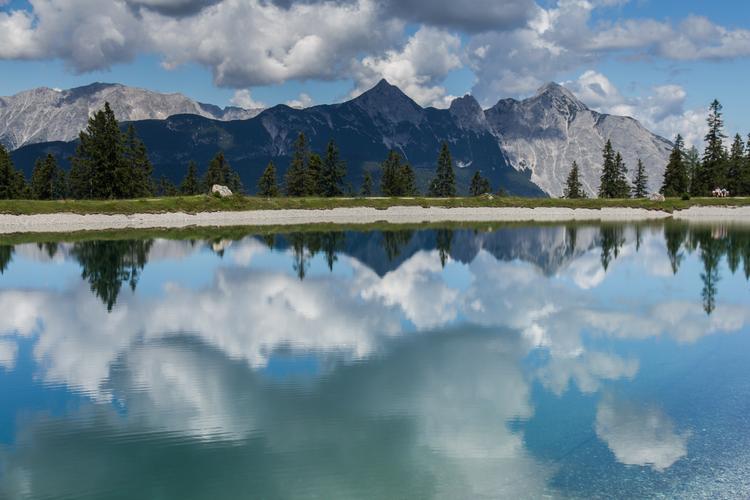Preservation and Promotion of the Cultural Heritage of India: A Collective Responsibility
India is a nation with a rich cultural and historical legacy, home to an unparalleled diversity of religious and linguistic communities. The cultural heritage of India is a tapestry of traditions, customs, practices, and beliefs that define its rich history. Despite the numerous efforts made over the years to preserve and protect this cultural heritage, India’s cultural heritage remains at risk in many respects. It is thus the responsibility of the Indian government, individuals, and communities alike to conserve and promote the cultural heritage of the nation.
The Indian government has implemented various policies and initiatives in an effort to conserve the cultural heritage of the country. The Archaeological Survey of India (ASI) is one such entity that has been working towards the conservation of historic monuments, archaeological sites, and remains of national importance. The ASI is responsible for the upkeep and maintenance of hundreds of archaeological sites and historical monuments, including the many UNESCO World Heritage Sites located in India. The Ministry of Culture has also implemented many schemes and programmes, which support, safeguard, and promote Indian culture.
However, it is not just the responsibility of the government to preserve and promote the cultural heritage of India. Individuals and communities also have an important role to play in this regard. Communities that are rich in cultural heritage can play an active role in conservation by initiating programmes that promote awareness and appreciation of their cultural traditions. This can be achieved through various activities, such as cultural festivals, traditional performances, handicraft exhibitions, and folklore collections. Such community-based conservation programmes can generate interest among the younger generation, encouraging them to learn more about their heritage.
The preservation of cultural heritage in India is not just about conserving monuments and artefacts. It is also about conserving the traditional knowledge, customs, and practices of various cultural communities. It is essential that such traditional knowledge is passed down from one generation to the next, thereby ensuring that cultural traditions are not lost over time. To achieve this, it is important that young people are educated about their cultural heritage and its significance. Schools and universities can play an important role in this regard by integrating Indian culture and heritage into the curriculum.
In conclusion, the preservation and promotion of the cultural heritage of India is a collective responsibility. The government, communities, and individuals must work together to conserve and promote Indian culture in all its diversity. While the government has a crucial role to play, individuals and communities must also do their part in preserving the cultural heritage of the country through public awareness campaigns, community-based programmes, and educational initiatives. Ultimately, the preservation of India’s cultural heritage is vital towards ensuring that future generations will continue to appreciate and uphold the rich traditions and customs that define the country.
(Note: Do you have knowledge or insights to share? Unlock new opportunities and expand your reach by joining our authors team. Click Registration to join us and share your expertise with our readers.)
Speech tips:
Please note that any statements involving politics will not be approved.
